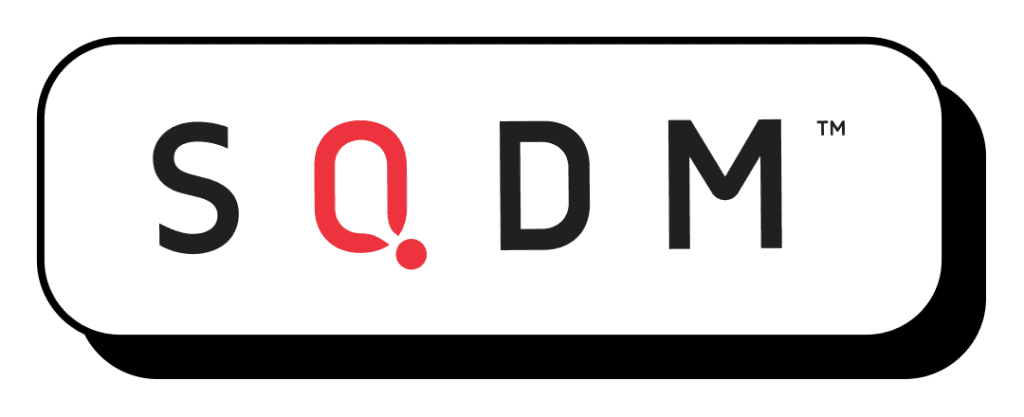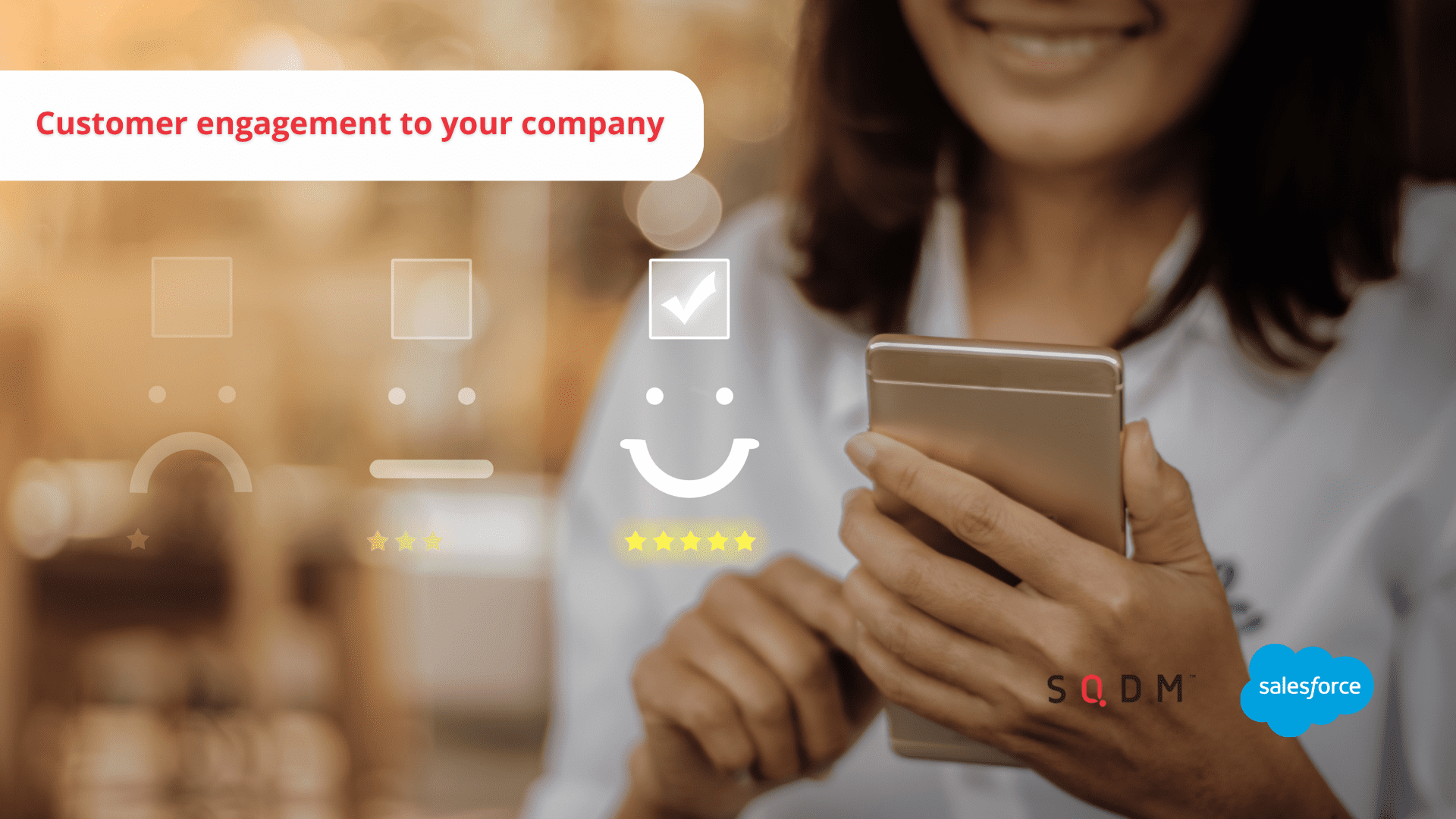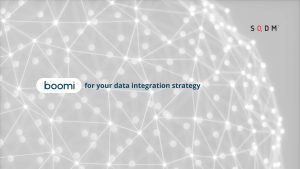Customer engagement. What is?
Customer engagement is a relevant aspect of business because it goes beyond the commercial transactions and focuses on building an emotional connection with customers throughout their buying process. The aim is to create a strong and lasting relationship based on trust, satisfaction, and loyalty.
Customer Engagement is about understanding customers’ needs and wants instead of just selling products or services. It is about anticipating their needs and giving them a great experience in every interaction.
Using strategies and methods, like imaginative advertising campaigns, pertinent and useful content, online involvement, activities, or loyalty schemes, gets customers involved in real life.
It also involves giving good customer service, making purchases and deliveries easier, making interactions with customers more personal, and listening to and responding to customer concerns and feedback. A positive experience leaves a lasting impression on the customer, builds brand loyalty, and generates positive word-of-mouth.
Basic elements
- Customer knowledge: This involves understanding customer needs, preferences, buying behaviors, and demographic characteristics. Customer knowledge allows customizing interactions and tailoring strategies according to identified needs.
- Customer experience: It is basically to offer quality customer service, efficient purchasing, and delivery processes, and personalized attention. Every point of contact with the company should be designed to make the customer feel valued, listened to, and satisfied.
- Effective communication: The company must be easy to contact, such as by email, live chat, social media, or phone lines. It is important to respond quickly to customer inquiries and requests and provide relevant and useful information.
- Personalization: Use data and analytics technologies to deliver personalized recommendations, exclusive offers, and relevant content. Personalization creates a deeper connection with the customer and demonstrates that the company values its individuality.
- Feedback and active listening: This can be achieved through surveys, social media comments, online reviews, and other means. Customer feedback provides valuable information to improve products, services, and processes.
- Loyalty and rewards: Rewards programs, exclusive discounts, and special promotions help customers buy more and build a relationship with the company.
We recommend: The importance of omnichannel for your company
Customer engagement metrics
Customer Engagement metrics are fundamental to measuring and understanding the effectiveness of the implemented strategies. These metrics help companies see how well their efforts at building strong customer relationships are working.
Here are some metrics that you can apply to your strategies:
- Engagement rate: This metric shows how often customers interact with a brand, such as sharing posts on social networks, commenting on posts, taking part in surveys, or leaving comments. A higher engagement rate indicates a higher level of customer engagement.
- Dwell time: This metric refers to the time customers spend interacting with the brand or its content. A higher dwell time indicates a higher level of interest.
- NPS (Net Promoter Score): NPS is a metric that measures customer loyalty and satisfaction. It is based on a simple question, “On a scale of 0 to 10, how likely are you to recommend our brand to a friend or colleague?”
Customers are categorized as promoters (scores of 9-10), passives (scores of 7-8), or detractors (scores of 0-6). A higher NPS indicates a higher level of customer satisfaction.
- Customer retention rate: This metric measures the number of customers who remain loyal to the brand over a given period. A high retention rate indicates a high level of customer engagement and satisfaction.
- Customer lifetime value (CLV): CLV is a measure of how much a customer means to the company. A higher CLV indicates committed and loyal customers, who generate higher revenue over the long term.
Read: How to improve customer or user experience with digital platforms?
Customer engagement Solutions
A Customer Relationship Management (CRM) system could be part of a good customer engagement strategy, since you have more complete information. A CRM is a system that companies use to manage and analyze customer data and interactions throughout the customer lifecycle.
With a CRM, companies can collect and store detailed information about customers, including demographics, purchase history, preferences, and behavioral patterns. This data collection provides a comprehensive view of each customer, making it easier to personalize interactions and develop effective engagement strategies.
In addition, a CRM allows you to automate marketing and sales processes, which helps you manage and maintain customer engagement. Customers can be reminded about their favorite products or services, and special offers can be made based on their interests and needs.
Another advantage of CRM is the ability to segment customers into specific groups. It allows companies to make content and offers based on the preferences and behaviors of different groups of customers. By delivering relevant and timely content, the likelihood of attracting and retaining customers increases, as they feel valued and understood.
Companies can use a CRM to manage customer interactions, personalize communications, and find ways to keep customers happy and loyal. Using a CRM, companies can create great customer experiences, strengthen relationships, and grow their business.
There are many CRM applications on the market, that can help businesses deal with their clients, but Salesforce is one of the best choices. Salesforce stands out among its competitors for several reasons, making it a preferred option for businesses of all sizes.
First and foremost, Salesforce offers a highly customizable and comprehensive CRM platform. The software has many features and capabilities that can be changed to meet the needs of each industry. The Salesforce suite of tools helps companies make smart choices and keep track of client connections, sales prospects, and customer information.
Salesforce as a tool to increase customer engagement!
Salesforce, as a customer engagement platform, is an effective option for increasing customer engagement for many reasons. Salesforce offers a comprehensive and highly customizable customer relationship management (CRM) platform. It allows companies to centralize and organize all customer information, including demographics, purchase history, past interactions, and preferences. This holistic view of the customer makes it easier to personalize interactions and deliver customized experiences, which increases engagement and satisfaction.
Also, Salesforce and its different Salesforce clouds offer marketing and sales automation tools that companies can use to automate repetitive tasks and respond to customers quickly and personally. It includes sending automated emails, scheduling follow-ups, and managing marketing campaigns. By automating these processes, companies can focus on providing exceptional service and building stronger customer relationships.
Companies using Salesforce CRM have more data analytics capabilities. It enables companies to understand better customer behavior and preferences. This data can be used to create customer profiles, identify behavioral patterns, segment audiences, and deliver personalized recommendations. By using these insights, companies can personalize their engagement strategies and deliver more relevant and engaging customer experiences.
Salesforce offers internal collaboration tools that facilitate communication between different teams and departments within a company. It fosters a unified view of the customer and enables more effective coordination in delivering a consistent and seamless experience. Sales, marketing, and customer service teams can share information in real-time, helping to deliver more efficient, customer-focused service.
Another key advantage of Salesforce is its cloud-based architecture. By leveraging cloud technology, businesses can access their CRM data anytime, anywhere, and from any device with an internet connection. This level of flexibility and accessibility enables seamless collaboration among team members, whether they are in the office or working remotely. It also means giving good customer care, making purchases, and delivering goods more easily, improving interactions with clients, and listening to and responding to their questions and suggestions.
At SQDM, we implement Salesforce in companies of different sizes and industries, under the Salesforce staff augmentation model, we will be part of your company’s Salesforce projects to ensure the success and achievement of your objectives.





